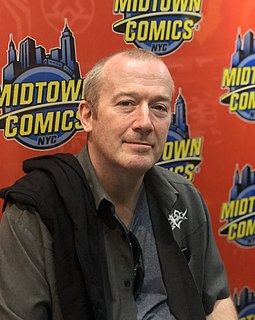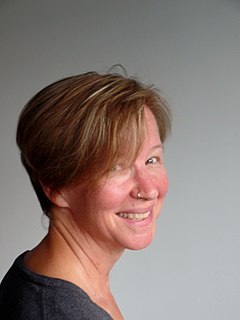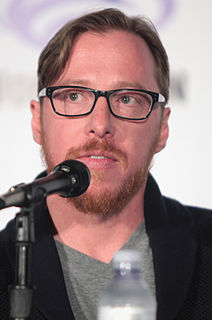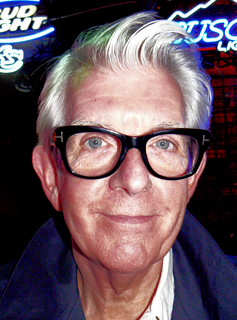A Quote by Tim Daly
I've had - I don't really know how to describe them, except moments of 'extrasensory perception' of some sort. I've also had sort of a 'white light' moment.
Related Quotes
I was at the New York Film Critics Circle Awards one year - they called me up when somebody canceled two days before the thing, and asked me to present some awards. So I went, and one of the funniest film moments I've ever had was when they introduced the New York film critics. They all stood up - motley isn't the word for that group. Everybody had some sort of vision problem, some sort of damage - I had to bury myself in my napkin.
I went looking for some preliminary information, and very quickly was struck by the sort of way the surface-level knowledge about Zelda doesn't begin to describe the person that she really is. You know, I had come to the project with the idea that she was, you know, just F. Scott Fitzgerald's crazy, disruptive wife.
How do you have a think in pictures? Well, you have to sort the pictures into categories. You know, for example, a dog knows that, you know, there's good people and there's bad people. And I talked to a lady the other day where her dog was afraid of people with white beards because she had adopted him from an animal shelter and somebody with a white beard had abused him. And this dog was now afraid of everybody that had a white beard. That was the bad category.
We focus on that really repulsive minority of racists. But then there's a continuum that goes all the way to, you know, what used to be called the white backlash or to, you know, the feelings of some white people that they're losing out and that the jobs and power and sort of the culture is drifting away from them and toward people who don't look like them, who don't - who they don't know very well. And that's not necessarily - I don't equate that with the hardcore ideological hatred of self-identified racists.




































